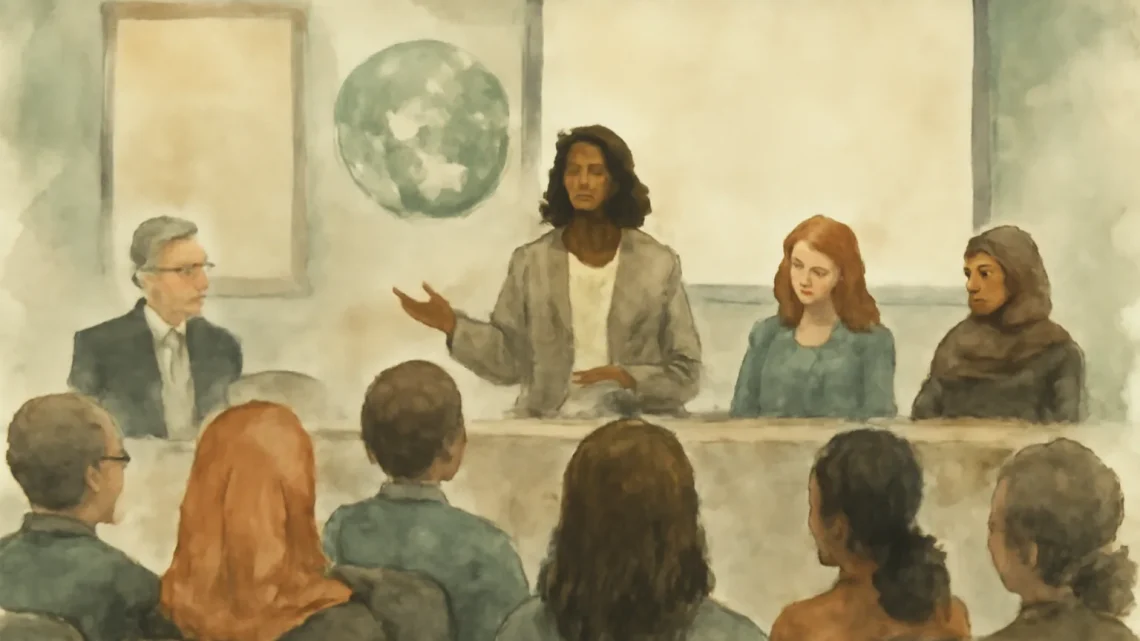
Climate Change Impacts Women Disproportionately, Conference Finds
November 11, 2025Experts gather to discuss gendered effects of climate change
A conference held at the University of Bradford has highlighted the ways in which climate change disproportionately affects women compared to men. The event, titled Climate Justice for Women, brought together academics, activists, and industry experts to explore the social and environmental challenges women face in the context of climate change.
Key findings on how climate change affects women
Research presented at the conference, led by Dr Pedi Obani from the University of Bradford, emphasised several factors that contribute to the unequal impact of climate change on women:
- Higher exposure to climate risks: Women experience greater health and lifestyle impacts from extreme weather events such as heatwaves.
- Increased domestic workload: Climate change intensifies tasks like water collection and caregiving, which limits women’s time and opportunities for education and employment.
- Limited participation in decision-making: Women are often underrepresented in climate policy and governance roles, affecting their influence on climate-related decisions.
- Exacerbation of existing inequalities: Climate change deepens gender gaps in access to resources, education, and healthcare.
- Insufficient legal protections: Current laws do not fully address the specific vulnerabilities women face due to climate change, highlighting the need for legal reforms.
Research and funding
Dr Obani was awarded £1.28 million in July 2024 to support a four-year research project aimed at developing a framework to address the adverse effects of climate change on women. The project focuses on creating equitable solutions that incorporate women’s lived experiences and leadership in climate action.
Conference discussions and contributions
The event featured a panel including education activist Varaidzo (Vee) Kativhu, climate justice campaigner Eddy Quekett, Just Transition Analyst Marta Calore, and Mark Ellis from the Environment Agency. Topics discussed included:
- The underrepresentation of women in climate leadership, with women holding less than a quarter of such positions.
- The importance of embedding climate justice education in schools to raise awareness from an early age.
- How climate change disproportionately affects younger generations.
- The role of legislation in promoting fairer climate action.
Attendees also participated in creative workshops to support ongoing climate justice research, sharing ideas such as amplifying women’s voices and prioritising social equity over profit in climate policies.
Broader context
The conference was part of the University of Bradford’s Bradford 2025 programme, which aims to connect academic research with community interests and local priorities. The event coincided with the ongoing COP30 climate negotiations, reflecting the university’s engagement with global climate discussions.
For further information on the university’s work on climate justice and gender equality, visit the University of Bradford website.




































